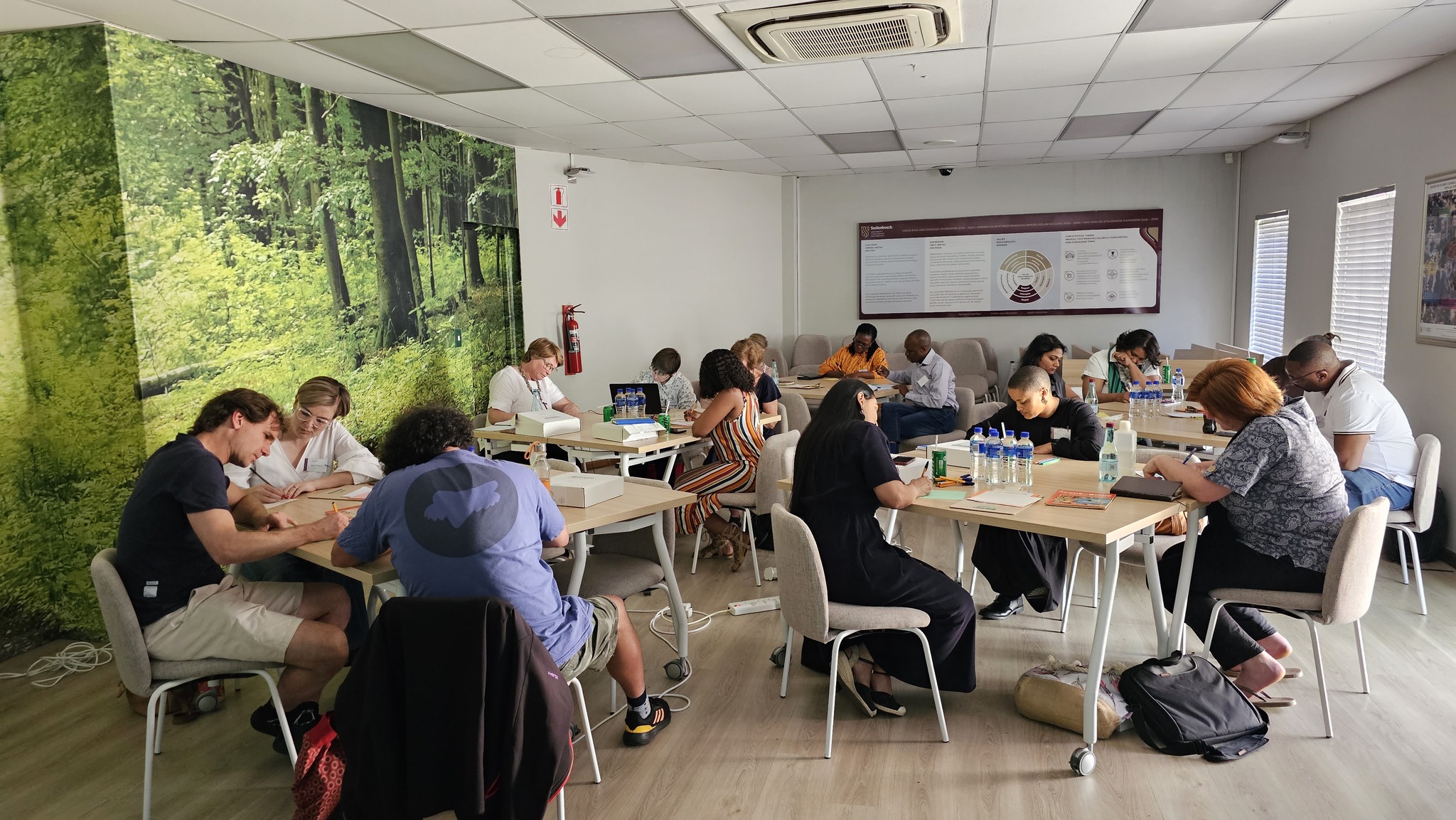
Postgraduate Diploma & MA in Intercultural Communication
Clearly, then, there is a great need for postgraduate linguistics programmes in which the phenomenon of intercultural communication is studied from a range of disciplinary perspectives.
The Department offers two such programmes, the only ones of their kind in South Africa:
(PGDip) in Intercultural Communication
- they are concerned with the linguistic means of intercultural communication, and
- they deal with these means from perspectives offered, primarily, by various linguistic (in an inclusive sense) disciplines.
MA in Intercultural Communication
By providing students with the knowledge and skills needed to gain an understanding of this phenomenon and to manage the relevant differences and resulting misunderstandings in intercultural communication contexts, these programmes enable graduates to practise their (intended) professions with greater expertise and satisfaction. At the same time, given their specific content, both programmes are intended to contribute to the strategic priority of understanding, managing and furthering the rich cultural diversity of Southern Africa.



